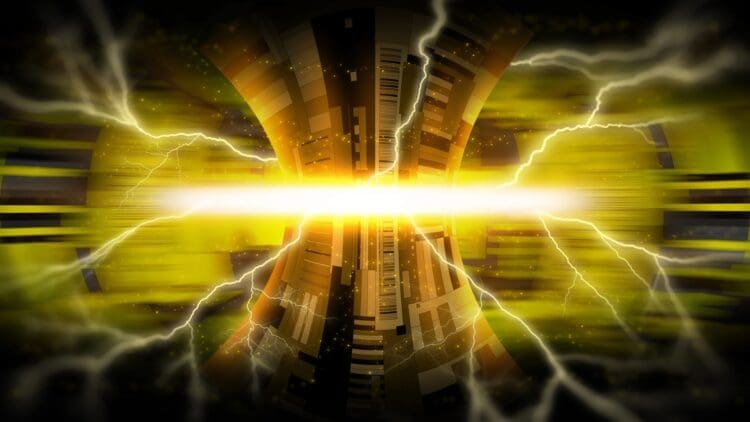South Africa is set to build a new nuclear power plant in the Western Cape that will deliver 4GW of power to the nation’s citizens. The South African government has approved the plans to build the new nuclear station, a short drive from Cape Town. What we must mention is that the South African government has a vested interest in the sector as the only electricity provider in the country, Eskom, is a state-owned business. And Eskom does not have a great reputation with the citizens of the richest country in Africa.
Eskom has become the bane of many South African’s existence
At the end of Apartheid, the outgoing administration decommissioned all of the country’s nuclear weapons and sites. Many have speculated that the Apartheid government feared giving the African National Congress, which won the country’s first democratic elections, nuclear power. The result was that the only nuclear site in South Africa is the Koeberg plant in the Western Cape.
While we understand that such a massive political shift for any nation would have unforeseen side effects, nobody would have expected just how poorly the state-owned Eskom would manage the nation’s energy infrastructure. Poor management, coupled with unprecedented levels of government corruption, has led to a crisis in the country.
Eskom has not upgraded several of the country’s ageing infrastructure, and the result has been consistent power cuts that last for days in some instances. They even have a name for it. “Loadshedding” is a term that you never want to hear as a South African. It means that your area will suffer a power cut that could last for up to several hours, and sometimes beyond that.
South Africa will now open a new nuclear power plant in the Cape
The South African government views nuclear power as a viable replacement for the flailing coal-powered plants that dot the landscape. And the government recently upheld a decision that will allow the state-owned Eskom to build a new nuclear power plant not far from the existing Koeberg plant, which generates 4.2% of the nation’s electricity.
“The granting of an environmental authorisation does not exempt an applicant from complying with any other applicable legal requirements or obtaining permits from other competent authorities,” – Dion George, Minister of Forestry, Fisheries and the Environment
Nuclear power plants have become an essential tool in the renewable energy sector, and South Africa is aiming to develop strategic partnerships with several nations to accelerate the progress of nuclear power in the nation. South Africa is a part of the BRICS cooperative organization and has stated that it may lean on its BRICS partners to assist in the transition to nuclear power.
In 2025, the South African government signed several agreements with China to research and develop SMRs, or small modular reactors, that will aid in the nation’s nuclear goals and plans. As the world is moving away from the fossil fuel sector towards a more sustainable and renewable form of power generation, one questions what the long-term effects might be.
Could this be the end of “loadshedding” in South Africa
For the state-owned energy provider, that would be the ultimate goal. The country is on such a tight production line that if anything happens at the Koeberg station that prevents operations from taking place, the country is plunged into darkness. The nuclear sector has made significant progress in ensuring safety protocols are met, and innovating the nuclear sector as a whole has been a goal that is closer than ever. South Africa is the largest economy in Africa and could set the standard for other African nations to follow.
Disclaimer: Our coverage of events affecting companies is purely informative and descriptive. Under no circumstances does it seek to promote an opinion or create a trend, nor can it be taken as investment advice or a recommendation of any kind.






